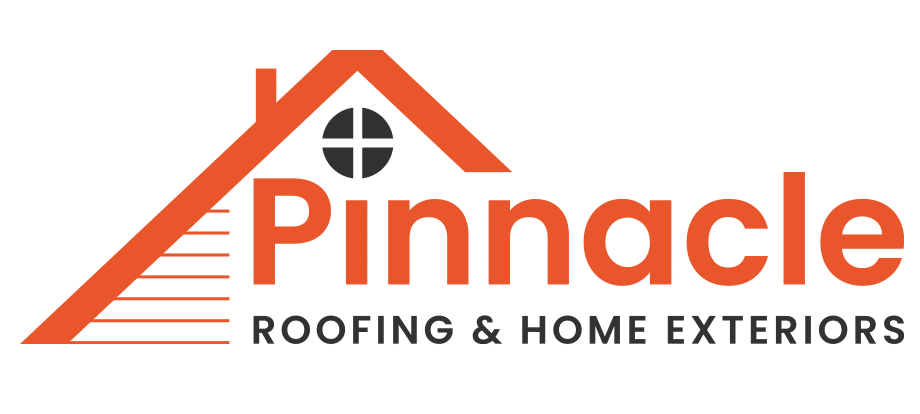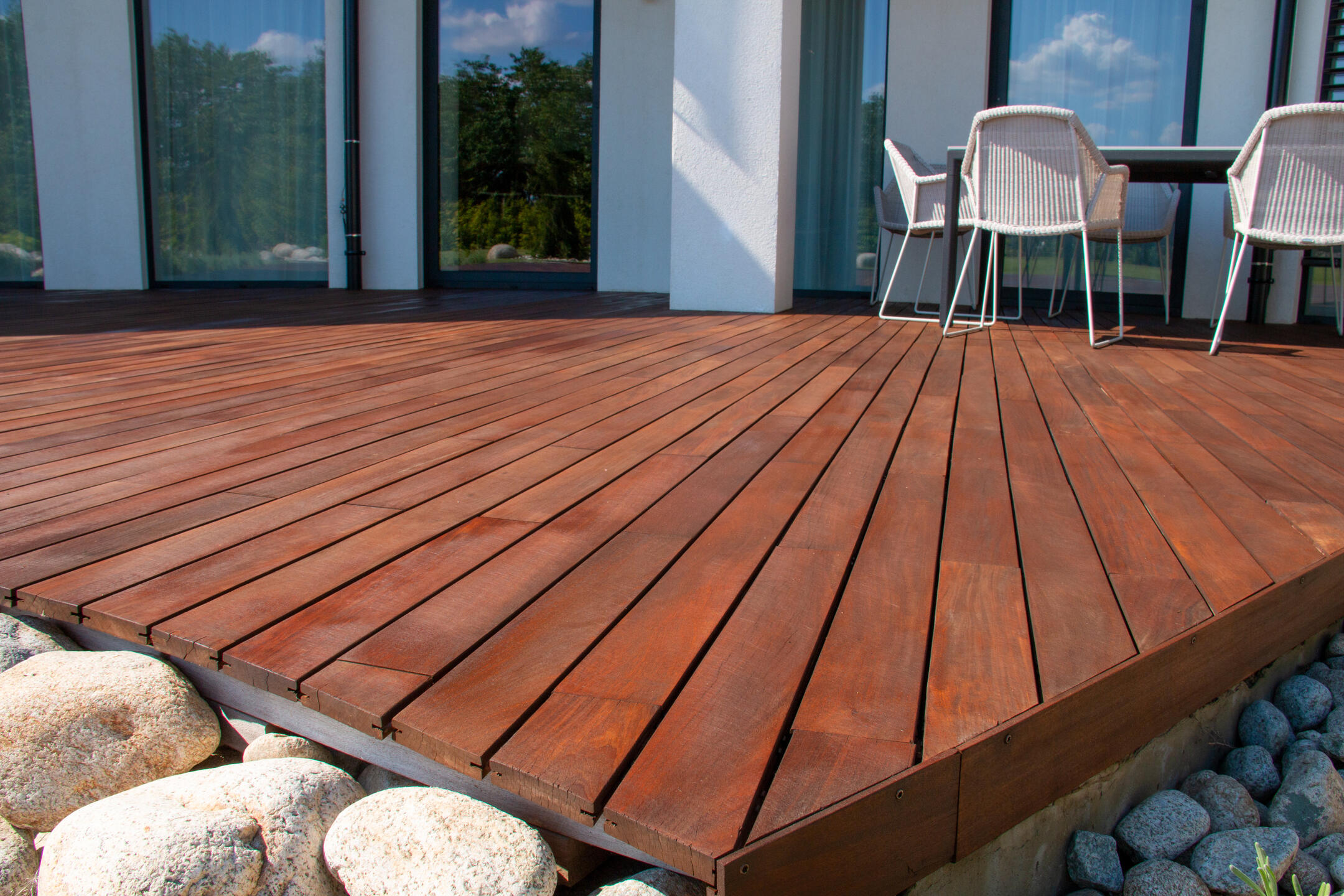Are you dreaming of a beautiful outdoor space that enhances your home’s curb appeal and serves as a sanctuary for relaxation? Choosing the best decking material is a crucial step in achieving this vision. With so many options available, picking the right one for your needs can be overwhelming. This blog post will guide you through the most popular decking materials, providing a comparison of their pros and cons to help you make an informed decision, and more, including:
- Benefits of Adding a Deck to Your Property
- 7 Types of Decking and Their Pros and Cons
- Best Decking Material for Homeowners in Arkansas
✅ Benefits of Adding a Deck to Your Property
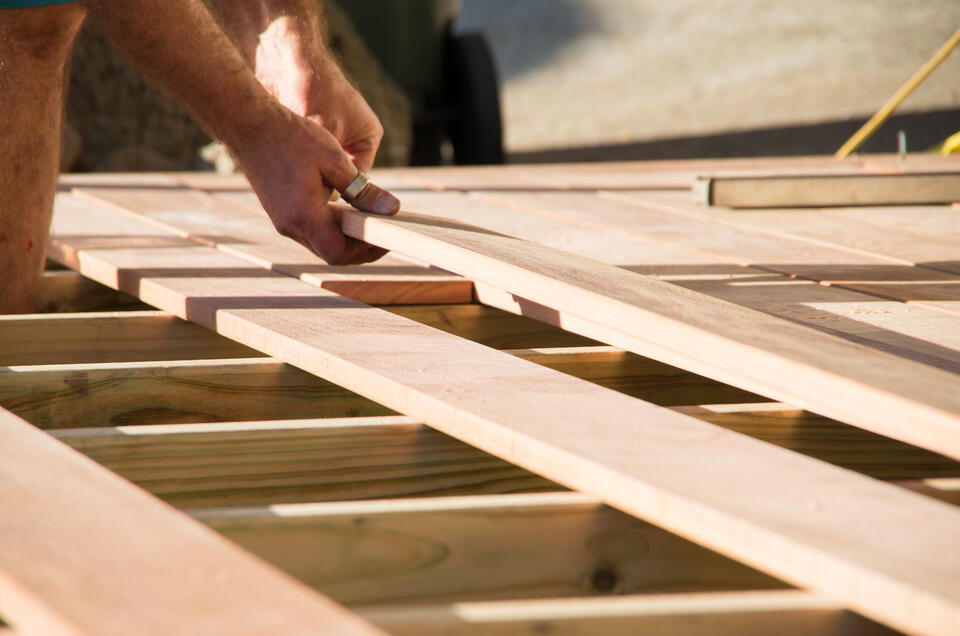
Adding a deck to your property offers numerous benefits that go beyond enhancing its aesthetic appeal.
A deck expands your living space, providing an ideal area for hosting gatherings, barbecues, or simply enjoying a peaceful evening outdoors. It creates a seamless transition between indoor and outdoor living, making your home more versatile. A well-designed deck can significantly increase the value of your home by boosting curb appeal and providing an attractive selling point to potential buyers. Investing in a deck offers a great return on investment compared to other home improvement projects. Decks offer a low-maintenance outdoor area, especially when using durable materials, allowing you to enjoy your space without the hassle of intensive upkeep.
Why Choose the Right Decking Material?
Your deck is an extension of your home—a place where you can gather with family and friends, enjoy outdoor meals, or simply relax. Selecting the best decking material can impact the longevity, maintenance, and aesthetics of your deck. Key factors to consider when choosing decking materials:
- Durability and Longevity: Different materials offer varying levels of resistance to weather, pests, and wear. Carefully choosing a material ensures your deck’s durability over the years.
- Maintenance Requirements: Some materials demand frequent upkeep, while others are low-maintenance. Understanding this helps you choose a decking material that matches your desired level of maintenance effort.
- Aesthetic Appeal: Each material has unique visual characteristics that can complement or clash with your home’s style. Selecting the right material enhances the overall look of your outdoor space.
- Cost: Prices can vary significantly among materials. Considering your budget helps you choose an option that fits within your financial plan while still meeting your needs.
- Environmental Impact: Some decking materials are more eco-friendly than others. If sustainability is a priority, it’s essential to select a material that reflects your environmental values.
- Safety: Certain materials offer better traction and are less prone to splintering, making them safer for families with children or pets.
- Climate Suitability: Local climate can affect the performance of different materials, so selecting one that withstands your area’s weather conditions is crucial for its longevity.
🤔 7 Types of Decking and Their Pros and Cons
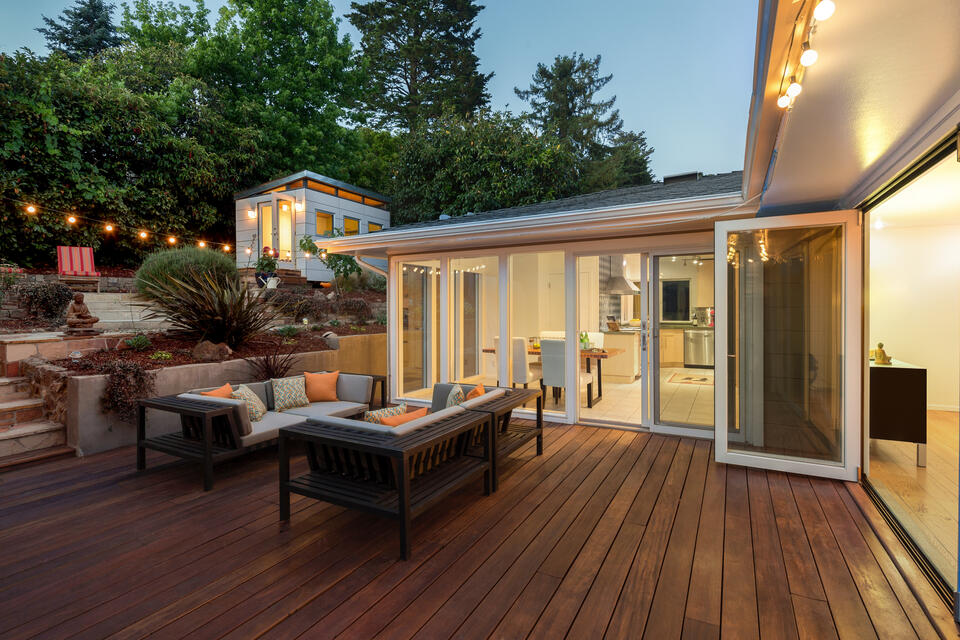
Understanding the various types of decking and their pros and cons is crucial for anyone looking to enhance their outdoor space. Making an informed choice can lead to better durability, aesthetics, and overall satisfaction with your investment.
1. Wood Decking
Wood has always been a popular choice for decking due to its natural beauty and traditional appeal. Let’s explore the pros and cons of wood decking.
Pros of Wood Decking
- Natural Aesthetics: Wood offers a classic look that blends seamlessly with outdoor surroundings.
- Variety: Available in various types like cedar, redwood, and pressure-treated pine.
- Customizable: Can be stained or painted to match your preferred style.
Cons of Wood Decking
- Maintenance: Requires regular staining or sealing to maintain its appearance.
- Durability: Susceptible to rot, insects, and weather damage over time.
- Cost: Higher-grade woods can be expensive.
2. Composite Decking
Composite decking is made from a mix of wood fibers and plastic. It’s known for its durability and low maintenance, making it an attractive option for homeowners.
Pros of Composite Decking
- Low Maintenance: No need for staining or sealing, just occasional cleaning.
- Durability: Resistant to rot, insects, and fading.
- Eco-friendly Options: Some brands use recycled materials.
Cons of Composite Decking
- Cost: Initial cost is higher than wood.
- Appearance: May lack the natural look of wood.
- Heat Retention: Can become hot in direct sunlight.
3. PVC Decking
PVC decking is made entirely from polyvinyl chloride, offering excellent durability and resistance to the elements.
Pros of PVC Decking
- Waterproof: Ideal for areas with high moisture exposure.
- Low Maintenance: Resists stains, mold, and mildew.
- Long-lasting: Offers a long lifespan without warping or cracking.
Cons of PVC Decking
- Cost: Generally more expensive than composite and wood.
- Appearance: May not mimic the natural look of wood as well as other materials.
- Temperature: Can feel hot underfoot in sunny locations.
4. Aluminum Decking
Aluminum decking is a lesser-known option but offers unique benefits for specific applications.
Pros of Aluminum Decking
- Durability: Highly resistant to weather, rust, and insects.
- Lightweight: Easy to handle and install.
- Recyclable: Environmentally friendly choice.
Cons of Aluminum Decking
- Cost: Often priced higher than other decking materials.
- Appearance: Industrial look may not suit all aesthetic preferences.
- Noise: Can be noisier underfoot compared to other materials.
5. Fiberglass Decking
Fiberglass decking is a durable and low-maintenance option, perfect for harsh climates.
Pros of Fiberglass Decking
- Resistant: Withstands extreme weather conditions.
- Non-slip Surface: Safe for wet areas.
- Customizable: Available in various colors and textures.
Cons of Fiberglass Decking
- Cost: Can be more expensive than other materials.
- Installation: Requires professional installation for best results.
- Availability: Less common, so fewer suppliers may carry it.
6. Bamboo Decking
Bamboo is a sustainable and eco-friendly alternative gaining popularity in the decking world.
Pros of Bamboo Decking
- Sustainability: Fast-growing, renewable resource.
- Strength: Stronger than some hardwoods.
- Unique Look: Offers distinctive textures and patterns.
Cons of Bamboo Decking
- Durability: Susceptible to moisture damage if not properly treated.
- Availability: Not as widely available as other materials.
- Color Fading: Can lose color over time without UV protection.
7. Concrete Decking
Concrete decking is a robust and versatile option suitable for various design styles.
Pros of Concrete Decking
- Durability: Extremely long-lasting with minimal maintenance.
- Versatility: Can be molded into various shapes and finishes.
- Fire Resistant: Safe for grilling and fire pits.
Cons of Concrete Decking
- Cost: Installation can be expensive.
- Weight: Requires proper support structure.
- Cold Surface: May feel cold underfoot.
💡 Best Decking Material for Homeowners in Arkansas
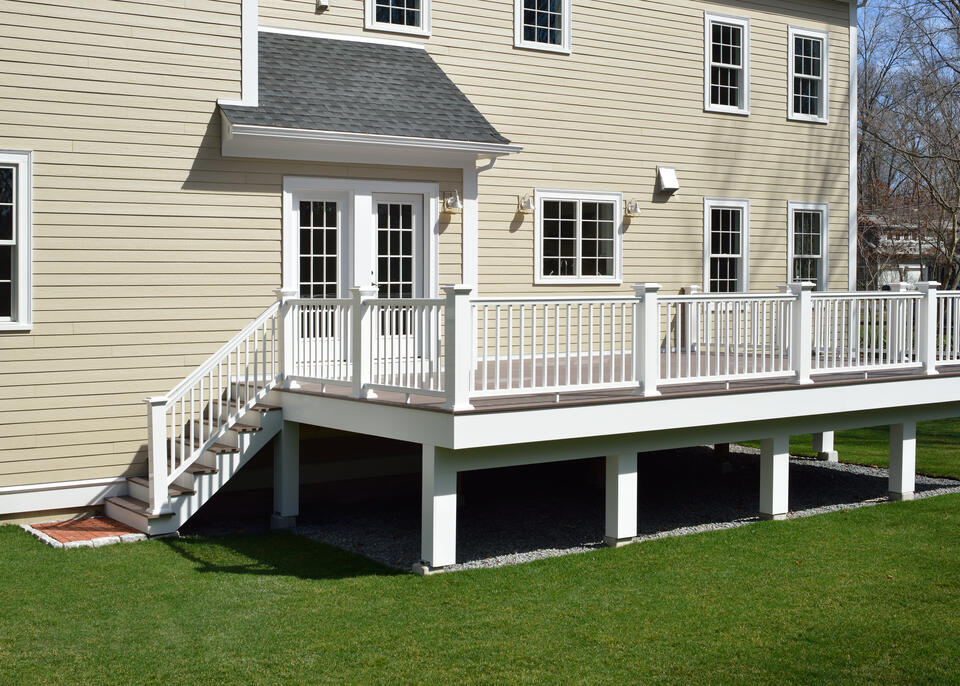
When selecting the optimal decking material for homeowners in Arkansas, several factors come into play, including climate considerations, maintenance requirements, and personal preferences. Given the humid subtropical climate of the region, it’s important to choose a material that can withstand fluctuating temperatures, heavy rainfall, and occasional storms. Composite decking often emerges as the best choice for many homeowners in this area.
Its superior durability and low-maintenance nature make it an attractive option, as it doesn’t require frequent sealing or staining like traditional wood. Composite decking resists moisture, rot, and insects, which is vital for Arkansas’s moist environment. Certain eco-friendly options are available, appealing to sustainability-conscious individuals. While the initial investment might be higher than other materials, the long-term benefits of reduced upkeep and resilience to weather conditions make composite decking a practical and worthwhile option for most Arkansas homeowners.
🙌 Choosing the Perfect Decking Material with Pinnacle Roofing
Choosing the best decking material involves weighing these pros and cons to meet your unique needs and preferences. Whether you prefer the natural charm of wood or the low upkeep of composite, there’s a decking solution perfect for your home.
At Pinnacle Roofing, we understand that selecting the right decking material can be a complex decision. With our extensive experience in home improvement and exterior solutions, we’re here to help you make the best choice. Our team is committed to providing quality service, ensuring your new deck is both beautiful and functional.Ready to transform your outdoor space? Contact Pinnacle Roofing today to learn more about our decking options and schedule a consultation with our experts. Let’s create the deck of your dreams together!
